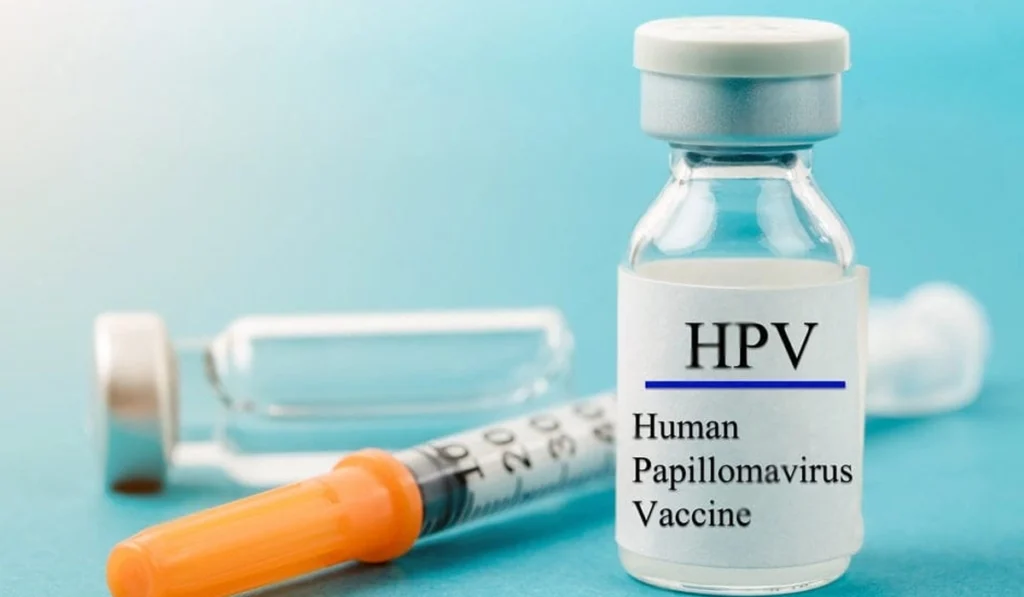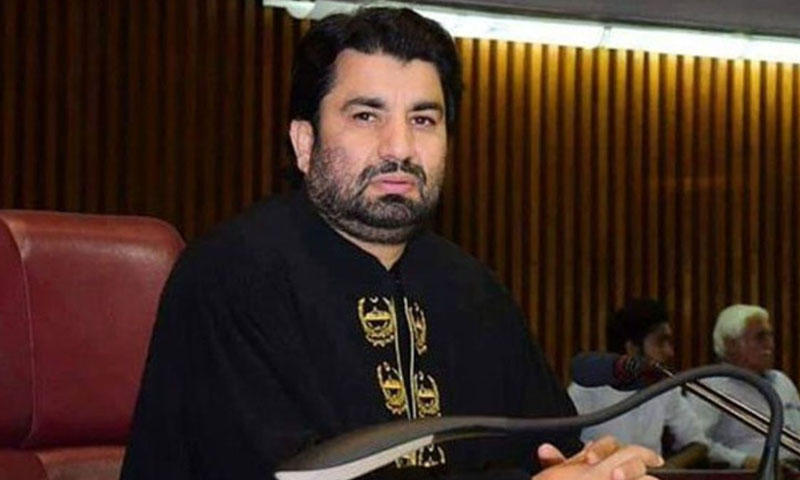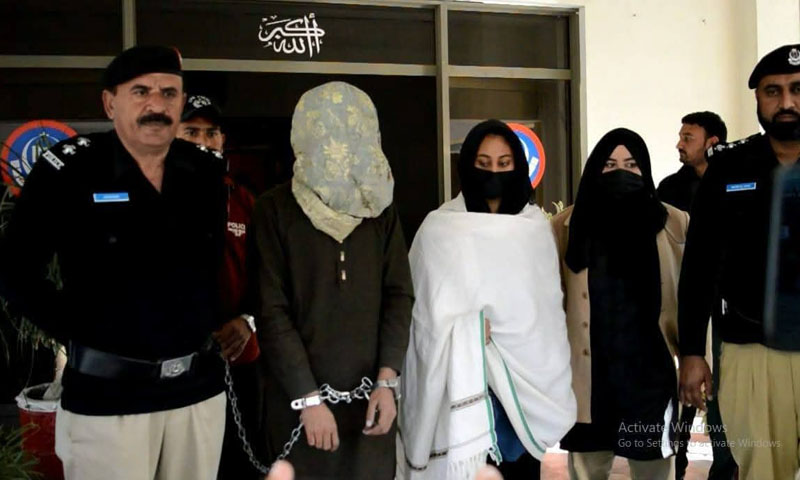- Web Desk
- Feb 09, 2026
Viral video of schoolgirls wrongly tied to HPV campaign
-

- Web Desk
- Sep 18, 2025

WEB DESK: A video circulating on social media claiming to show schoolgirls falling sick after receiving the Human Papillomavirus (HPV) vaccine has been proven false. Fact-checking by iVerify Pakistan found that the footage was from May 2024, when police used tear gas near a girls’ school in Azad Jammu and Kashmir (AJK), and is unrelated to the current vaccination campaign.
The misleading clip went viral on September 16 after being shared by Abdullah Gul, son of former intelligence chief Hamid Gul, who alleged that “forced vaccination” had made several girls ill. His post on X (formerly Twitter) drew more than 290,000 views and thousands of reactions. Other users, including accounts aligned with the Pakistan Tehreek-i-Insaf (PTI), reposted the video with similar claims, urging parents to “protect their children” from the HPV vaccine.
Cervical Cancer: Free HPV vaccination starts for schoolgirls
The posts did not specify the time or place of the video and made no verifiable connection to vaccination. A reverse image search traced the footage to a YouTube upload from May 9, 2024, titled “Police fired tear gas at girls’ schools in Dadyal,” a town in Mirpur district, AJK. Journalists and news reports from that period confirmed that police action during protests against high electricity bills and taxes had caused tear gas to seep into school premises, leaving several girls faint and hospitalised.
In contrast, official sources confirm that Pakistan only launched its HPV vaccination drive this week, in collaboration with the World Health Organisation (WHO), Unicef and the vaccine alliance Gavi. The programme, which runs from September 15–27, aims to immunise 13 million girls aged 9–14 across Punjab, Sindh, Islamabad and AJK, making Pakistan the 151st country to include the WHO-approved vaccine in its immunisation schedule.
Speakers call for countering misinformation on HPV vaccination
The Federal Directorate of Immunisation (FDI) describes the vaccine as safe, free and effective in preventing cervical cancer. According to WHO and Gavi, side effects are typically mild, such as temporary pain at the injection site or low-grade fever, similar to other routine vaccines.
Experts warn that misinformation linking routine immunisation to unrelated incidents undermines public health campaigns. The spread of the AJK video highlights the ease with which old footage can be recycled to sow distrust in vaccines.
Fact-check status: False. The viral video shows schoolgirls affected by tear gas in 2024, not students reacting to the HPV vaccine.




